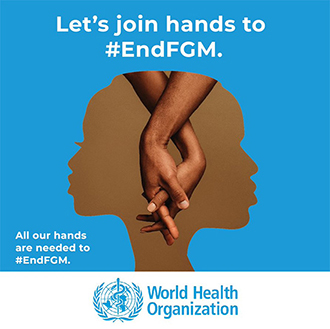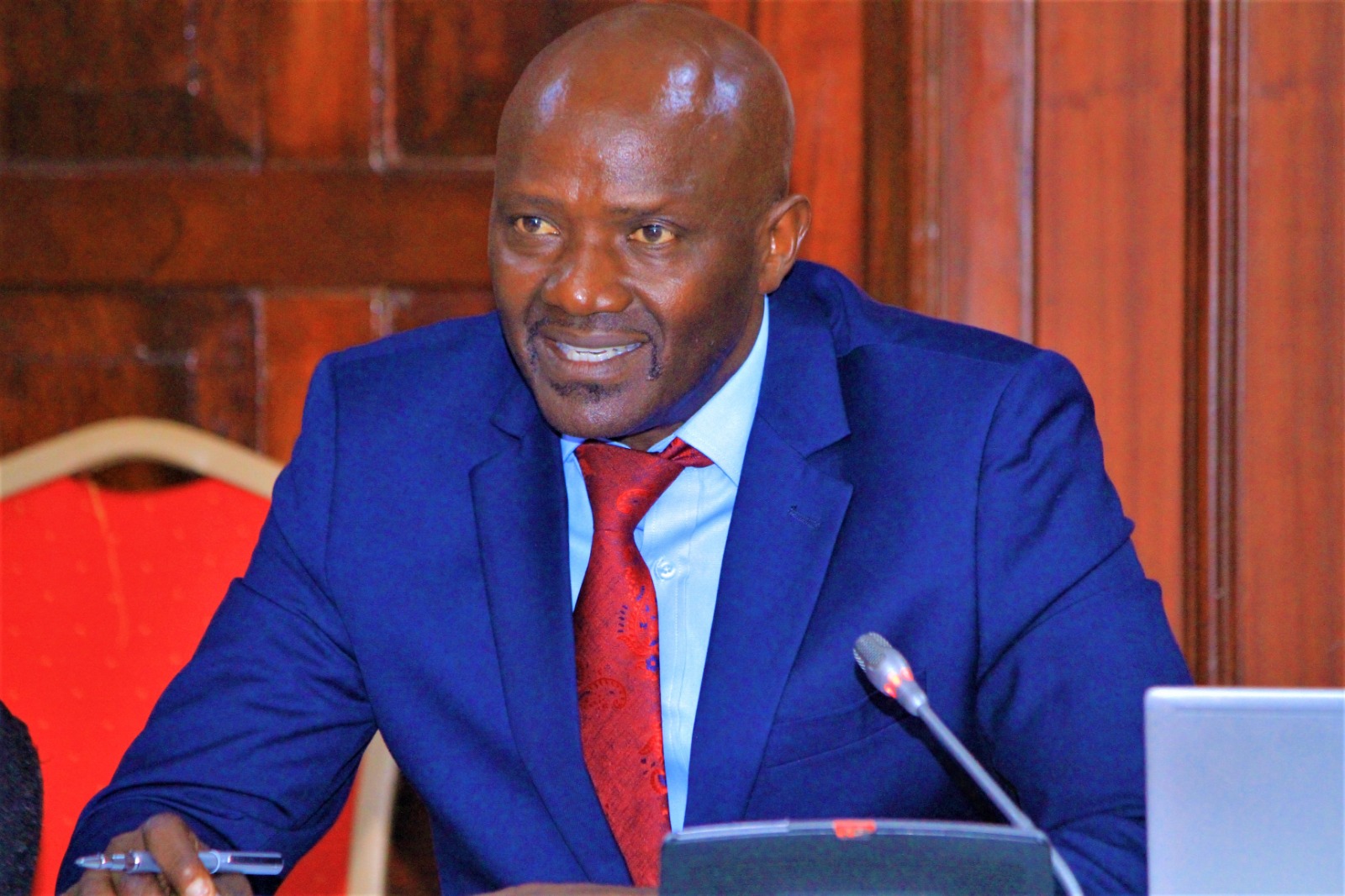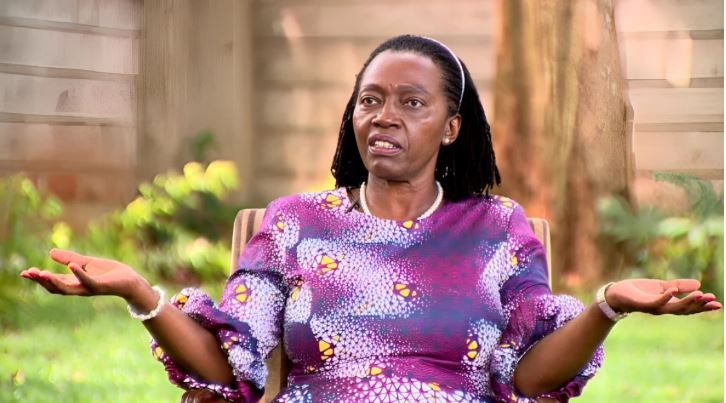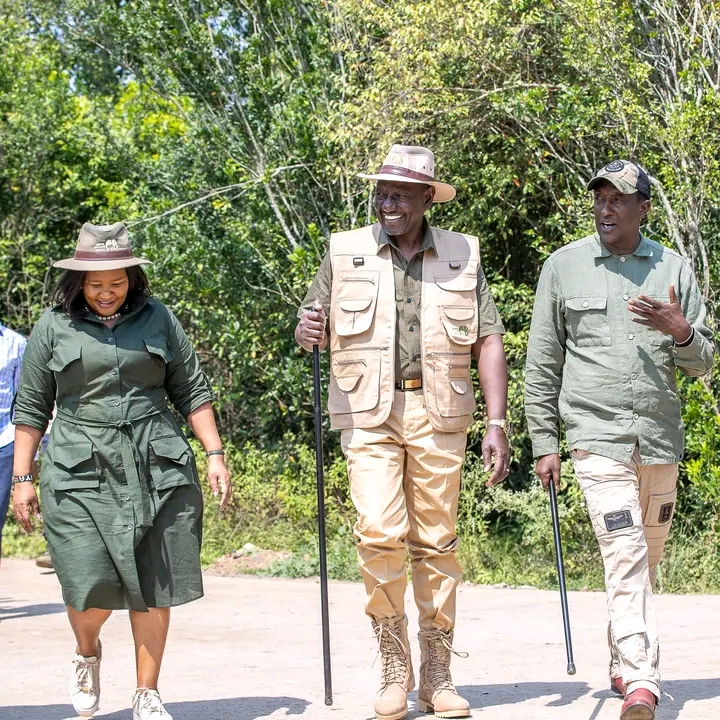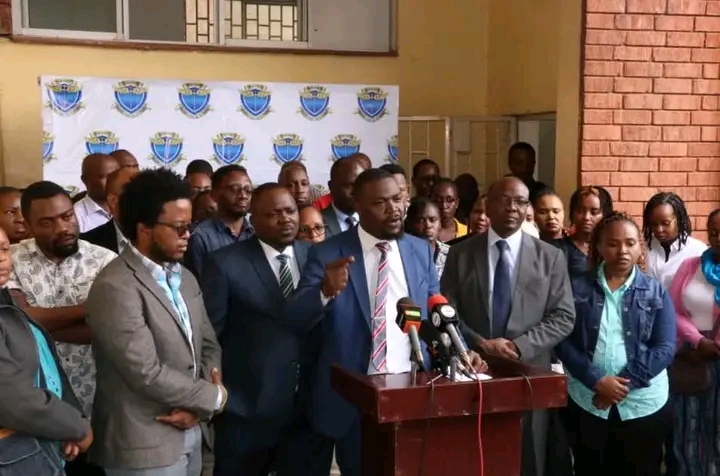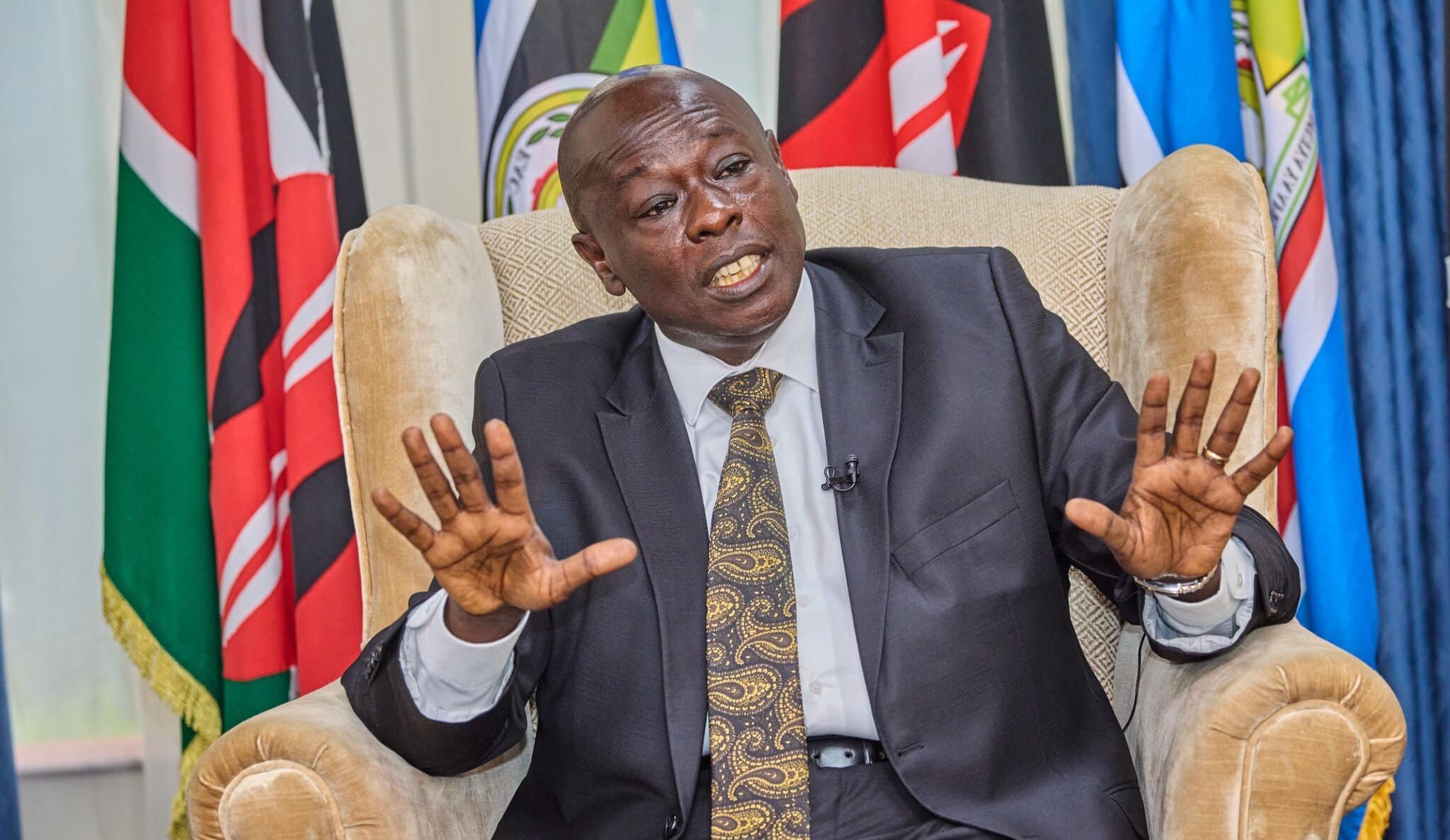Tharaka Nithi Residents Protest Surge in Hidden FGM Cases Involving Infants and Married Women
Residents of Tharaka Nithi County are protesting the secret resurgence of FGM, targeting infants and married women. Activists have raised alarm over underground operations and cross-border procedures used to evade detection. Religious and rights leaders are calling for urgent government crackdown and stronger protection for women and girls.
Ukeketaji Tharaka Nithi Watoto wakeketwa mara tu wanapozaliwa Tharaka Nithi Wakeketaji wazindua mbinu fiche ya tohara ya msichana #SemaNaCitizen
Posted by Citizen TV Kenya on Wednesday 23 July 2025
A storm of public anger is brewing in Tharaka Nithi County, where residents have taken to the streets to condemn the rising cases of Female Genital Mutilation (FGM) being carried out in secrecy. Despite being outlawed under Kenyan law and widely condemned by rights organizations, FGM continues to thrive underground, targeting some of the most vulnerable members of the community—newborn girls and married women.
The demonstrations attracted a wide cross-section of the community, including girls, women, religious figures, local leaders, and activists, all demanding immediate government action to halt the resurgence of the harmful practice. Chanting slogans and waving placards, the protestors accused certain families and cultural custodians of defying the law and human rights in the name of tradition.
Religious leader Jamlick Gitonga painted a grim picture of how deeply hidden the practice has become. He noted that in many homes, FGM is performed on baby girls within days of birth, and only the mother and a few trusted elders are made aware. “These cases never make it to the public. A girl is born today and cut within a week. The mother keeps the secret out of fear or pressure. Its a violation of the worst kind, happening in silence,” Gitonga lamented.
He added that married women, who had previously escaped the cut in their youth, are now facing pressure from their husbands to undergo the procedure later in life. This trend, he said, is rooted in persistent cultural beliefs that a woman is not considered complete until she has undergone FGM. “Some men still believe an uncircumcised woman cannot be a proper wife. These women are suffering in silence, going through the cut secretly just to meet these outdated expectations,” he explained.
Activists have also raised concerns about an increasing reliance on cross-border FGM, a tactic being used by perpetrators to evade detection and legal consequences. Jesse Munene, a vocal advocate and leader of the local rights group Fit for Future, revealed that some families now take girls across county borders, particularly to Meru, where the procedures are conducted discreetly and away from prying eyes. “They come back after weeks, and it becomes impossible for the community to even know what has happened. Some even pay rogue healthcare workers in private facilities who are willing to perform the illegal procedures,” Munene disclosed.
In heartbreaking testimonies shared during the protest, several women opened up about the long-term effects of FGM on their physical and mental health. Ann Joy Kanana, a resident and survivor of FGM, said the pain never truly goes away. “It is a lifelong burden. There are infections, there is trauma, and childbirth becomes a nightmare. It’s not just one day of pain—it’s permanent damage,” she said.
The renewed protests come just months after Homa Bay Town MP Peter Kaluma issued a scathing rebuke of FGM practices on his official social media account. In a March 5, 2025 post on X (formerly Twitter), Kaluma criticized communities that cling to the harmful tradition while paradoxically seeking wives from regions that do not practice FGM. “Why do men from these communities insist on FGM for their daughters, only to flock to Kisumu, Mombasa, etc., for unmutilated ladies? Girls should not be mothers or wives! Stop FGM. Stop early marriages,” he declared.
Despite a strong legal framework that criminalizes FGM in Kenya, enforcement in rural and culturally conservative areas like Tharaka Nithi remains a challenge. Many perpetrators exploit community silence, weak reporting structures, and a lack of witness cooperation to continue the practice undetected.
The protestors called on both national and county governments to scale up anti-FGM surveillance, launch undercover investigations, arrest those involved—including healthcare workers aiding the practice—and establish safe reporting channels for victims and whistleblowers.
“This is not just a cultural issue; it’s a human rights violation and a criminal offense. We need more arrests, more protection for girls, and zero tolerance for those who aid or perform FGM in any form,” urged Munene.
With the pressure now mounting from the grassroots, rights groups hope the government will act quickly to address this silent epidemic before more lives are scarred—physically and emotionally—for life.


